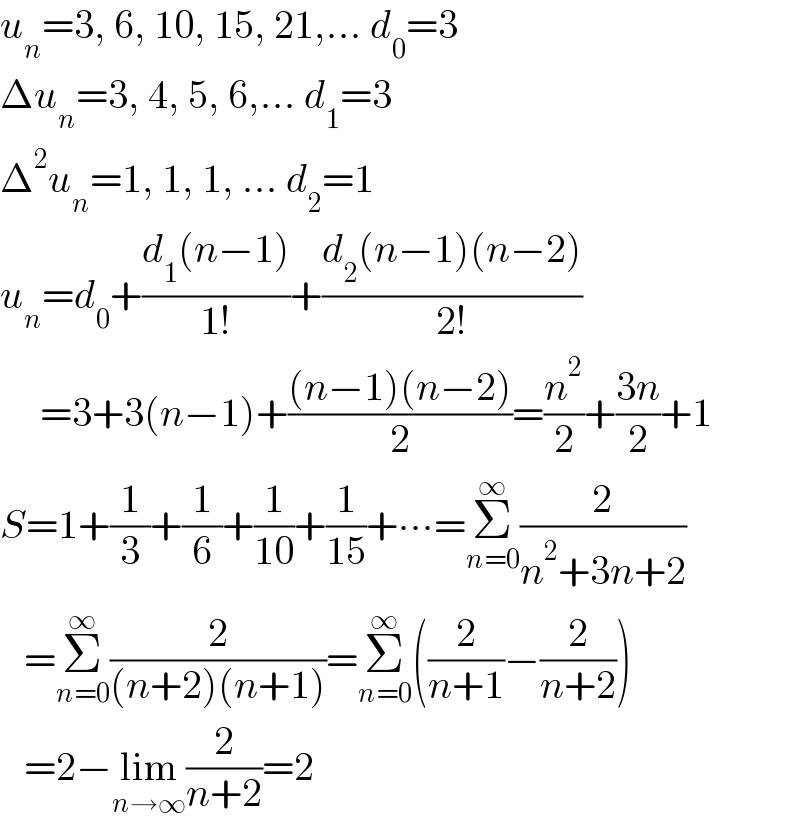
Question and Answers Forum
Question Number 185542 by mathlove last updated on 23/Jan/23

Answered by Ar Brandon last updated on 23/Jan/23

Commented by mathlove last updated on 23/Jan/23

Commented by Ar Brandon last updated on 23/Jan/23

Answered by Frix last updated on 23/Jan/23

